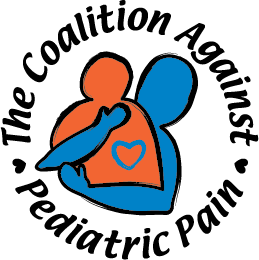If you are reading this blog, chances are your child, or someone you love lives with a chronic pain condition.

Your daily life is most likely altered, and possibly has become limited. If you are fortunate, you will have found care with the many knowledgeable and supportive medical professions who understand connective tissue disorders and chronic pain syndromes. Or, like many TCAPP families, you may have stories of, misunderstood symptoms, discounted pain, multiple physicians, mounting family stress, helplessness and unfortunately a lot of disappointment. It is difficult to navigate this experience, let alone, parent a child that is hurting through it. You are a caregiver, a punching bag, cheerleader, counselor, emotional supporter and at the end of the day, a worried parent. You may have fallen into what I call the rabbit hole of pediatric pain. It can be a very dark, isolating and overwhelming place where things may not always be, as they seem.
Body and mind are connected. Psychiatric evaluations and counseling are a necessary and important part of pain management, but sometimes they can unfortunately also work against the patient, family and even physicians. My daughter was hospitalized for 7 weeks for pain management following a spinal surgery. A few members of the nursing staff that had been so helpful and supportive during our post-op recovery, started to show less empathy and attentiveness as the weeks wore on. Ironically, this is when my child and I, needed their support the most. I shared this concern with my orthopedic who kindly responded, “sometimes when you can’t find the source of pain, it is easy to blame the patient.” Fortunately for us, he did not. But his words helped me to better recognize this unfair reality.
It is very unsettling when you realize that medicine is subjective and answers are not always black and white. Complex medical conditions, connective tissue disorders, RSD and other rare syndromes are not always recognized or understood. (Especially in teaching hospitals where you may be dealing with residents and less experienced physicians.) It can make you feel like an outsider, when a professional that you respect and may be counting on, fails to come up with a solution or new idea.
The stress brought on by chronic pain, worry, caregiving and managing medical information can wear you out. And then layer in the psychological assessments and well meaning counselors that can sometimes lead you to question not only your child, but also yourself.
Unfortunately, many children in this TCAPP community have had traumatic experiences because their symptoms weren’t recognized or understood. Their parents have been accused of “overmedicalizing” their children or perhaps even contributing to their pain. Most of us have stories of feeling like we are being treated as the “crazy parent” because we are fighting for help. This is one of the many important reasons why TCAPP was founded – to help educate families and physicians, and find ways to better work together to help children in need.
The recent Justine Pelletier case in Boston is a sad example of the fine line that some parents of chronically ill kids must walk. It is unfortunate and tragic, but real. But equally real, is the growing number of physicians and compassionate care doctors and psychologists who are going the extra mile, and are standing up for their patients as if they were their own children.
If you are currently struggling, please know that it is possible to survive the rabbit hole of pediatric pain and climb back to the surface. If you are here on our website, you have already taken the first step.

